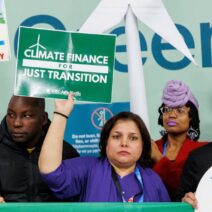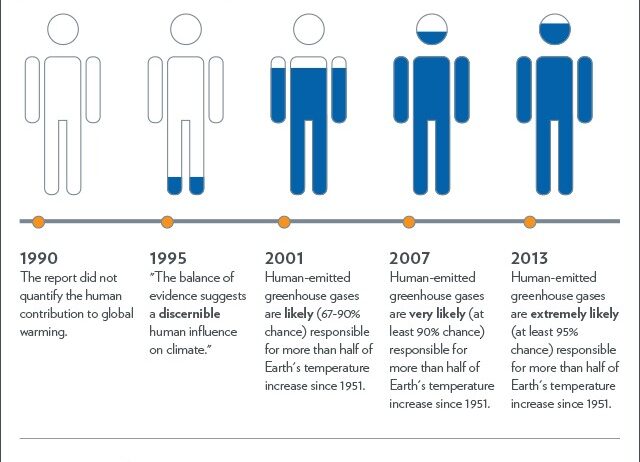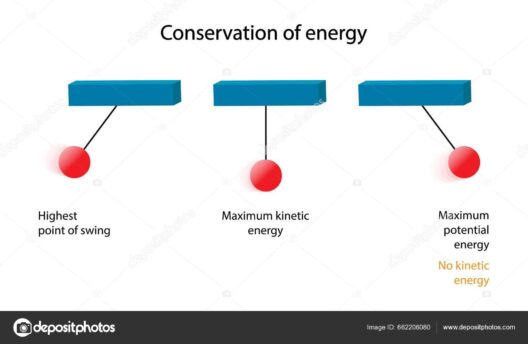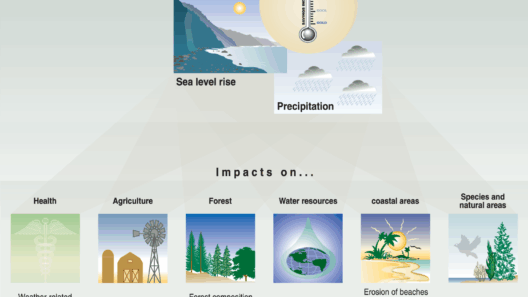Climate change is an unprecedented global challenge that stems from various human activities. As industrialization has progressed, certain practices have increasingly contributed to the escalation of greenhouse gas emissions, leading to harmful atmospheric changes. Understanding the activities that contribute to climate change is crucial for devising effective strategies to mitigate this pressing issue. Below, we explore the primary offenders responsible for exacerbating climate change.
1. Fossil Fuel Combustion
The combustion of fossil fuels is arguably the most significant contributor to climate change. This encompasses the burning of coal, oil, and natural gas for energy production and transportation. Power plants that rely on these fuels release substantial quantities of carbon dioxide (CO2), a potent greenhouse gas. The transportation sector, comprising automobiles, trucks, ships, and airplanes, similarly emits greenhouse gases through gasoline and diesel combustion.
A staggering proportion, nearly 80% of global CO2 emissions, emanate from fossil fuel use. As energy demands increase, this sector remains steadfast in its detrimental impact on the environment. Transitioning to renewable energy sources such as wind, solar, and hydropower is essential for alleviating this burden.
2. Deforestation
Deforestation and land-use changes are major culprits as well. Forests serve as carbon sinks, absorbing CO2 from the atmosphere. However, when forests are cleared for agriculture, urban development, or logging, the stored carbon is released back into the atmosphere, compounding the greenhouse effect.
Large-scale agriculture, particularly for livestock and palm oil production, has significantly driven deforestation rates in tropical regions. Moreover, the loss of biodiversity and disturbance to ecosystems due to deforestation further exacerbates climate-related issues. Sustainable land management practices and reforestation initiatives play a crucial role in addressing deforestation and its climatic consequences.
3. Agriculture and Livestock Production
Agricultural practices contribute significantly to climate change as well. The production of crops and livestock generates emissions through several processes, including methane release from enteric fermentation in ruminants, nitrous oxide emissions from fertilized soils, and CO2 from land-use changes. Methane, although less prevalent than CO2, is more effective at trapping heat in the atmosphere, making it a formidable greenhouse gas.
The livestock sector alone is responsible for a notable percentage of global emissions, prompting calls for more sustainable dietary choices. Implementing regenerative agricultural techniques, reducing meat consumption, and adopting plant-based diets can mitigate the agriculture sector’s climate impact.
4. Industrial Processes
Industries are often overlooked when discussing climate change, yet they contribute significantly to greenhouse gas emissions. Manufacturing processes in sectors such as cement, steel, and chemical production release large amounts of CO2. Additionally, the use of hydrofluorocarbons (HFCs) in refrigeration and air conditioning systems poses a concerning threat due to their high global warming potential.
Modernizing industrial processes to improve energy efficiency, utilizing carbon capture and storage technologies, and transitioning to low-carbon materials can mitigate the industry’s impact on climate change.
5. Waste Management
Waste management is another critical area often neglected in discussions about climate change. Landfills generate methane as organic waste decomposes anaerobically. This potent greenhouse gas can be released into the atmosphere if not captured and utilized effectively. Inadequate waste management practices exacerbate emissions and contribute to environmental degradation.
Promoting waste reduction, recycling, and composting can significantly decrease emissions from this sector. Furthermore, embracing circular economy principles can create a more sustainable waste management paradigm, reducing reliance on landfill disposal.
6. Urbanization and Infrastructure Development
Rapid urbanization brings about myriad environmental challenges, particularly concerning climate change. The construction of buildings, roads, and infrastructure contributes to increased emissions through energy consumption, material production, and transportation needs. Urban areas are often heat islands, exacerbating local climate conditions and amplifying energy demand for cooling.
Smart urban planning, focusing on sustainability and reducing reliance on fossil fuels, is imperative. Implementing energy-efficient building codes, promoting public transportation, and expanding green spaces can mitigate urbanization’s detrimental impact on climate.
7. Transportation
The transportation sector, including both personal and commercial travel, significantly contributes to climate change. Emissions from this sector predominantly stem from the combustion of fossil fuels. Cars and trucks alone account for a large proportion of global oil consumption, resulting in considerable CO2 emissions.
To combat this, transitioning to electric vehicles, enhancing public transit systems, and promoting active transportation modes such as cycling and walking can drastically reduce emissions in the transportation sector.
Conclusion
Human activities have far-reaching effects on the climate, with numerous practices contributing to greenhouse gas emissions. Fossil fuel combustion, deforestation, agriculture, industrial processes, waste management, urbanization, and transportation emerge as the top offenders. Addressing these issues requires a multifaceted approach, integrating sustainable practices and innovative solutions across all sectors.
Societal change is imperative, urging individuals, corporations, and governments to collaborate in reducing emissions and fostering a more sustainable future. Systematic efforts to mitigate climate change can lead to significant environmental, economic, and social benefits, paving the way for a healthier planet.








